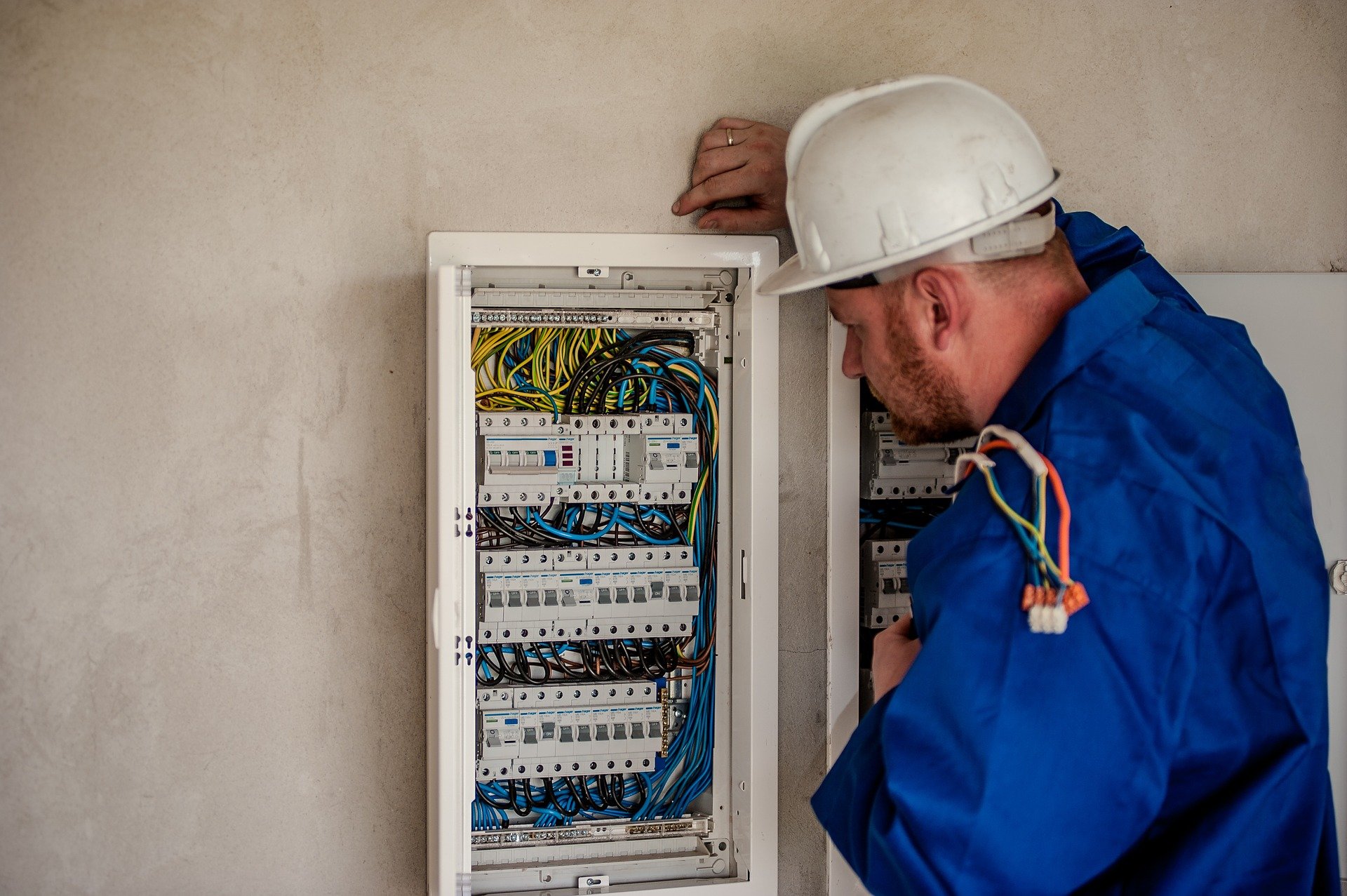Electricians are skilled professionals who perform vital services for homeowners and businesses. There are three basic levels of electrician – apprentice, journeyman, and master. An individual who is just starting out is known as an apprentice. They will train and study to become a journeyman. From there, an electrician can choose to work towards master status. Those who are journeymen have worked for years, gaining the skills that allow them to work in all types of environments. They are professionals in every sense of the word and are capable of handling most electrical services jobs. Master electricians, however, have advanced experience and are better suited to some more complex projects.
The Difference is in Experience & Training
Journeyman electricians have completed 8,000 hours of on-the-job experience during their 4-year apprenticeship. During this process, they learn to:
- Read and understand blueprints and mechanical drawings
- Perform installation and maintenance of equipment and power supplies
- Adhere to all electrical codes and regulations
- Understand fire alarm systems
Once licensed, journeymen can choose to pursue master electrician status. This is achieved by accumulating an additional 4,000 hours of experience over two years. Once their hours are completed, they will need to pass the master electrician exam. Master electricians are required to be proficient in:
- Creating electrical blueprints
- Creating building plans
- Resolving complex system failures
- Monitoring, assessing, and coaching/training other electricians
- Serving as the primary contact for owners, managers, and vendors
- Executing project plans with engineers, general contractors, architects, and other professionals
In general, master electricians are required to grasp and understand a more significant scope of electrical concepts, ideas, and responsibilities.
Responsibilities of Journeymen and Master Electricians
While both professionals are capable of performing many of the same jobs, there are specific responsibilities assigned to each of them. Some functions can only be performed by a master electrician.
Responsibilities of a journeyman include standard electrical duties, such as:
- Installing and repairing wires
- Installing or repairing electrical fixtures
- Installing electrical components for floors, ceilings, and walls
- Replacing, repairing, or upgrading older electrical systems and panels
- Installing and testing electrical appliances
Responsibilities of a master electrician include all of the standard electrical procedures listed above, as well as:
- Working with general contractors to design blueprints and electrical plans
- Overseeing and managing electrical projects
- Negotiating with suppliers
- Applying for and obtaining permits
- Ensuring electrical systems adhere to appropriate building codes
- Scheduling jobs and responsibilities for journeyman and apprentice electricians
In short, a master electrician has acquired more skills and has the capacity to run their own business and hire other electricians.
What Contractors and Consumers Need to Know
No one should be dissuaded from hiring a journeyman electrician. They are highly skilled professionals who are certified to handle most electrical jobs and projects. If your job involves any of the following situations, however, you should consider hiring a master electrician:
- You need to create blueprints or mechanical plans.
- You require building permits.
- You need a project manager/someone to take a leadership role with other electricians.
Promise Electric employs a team of master electricians certified to handle any electrical job you have – we don’t consider any project to be too large or too insignificant. Our electricians have worked with hundreds of homeowners and business owners in the Sarasota area, and we welcome the opportunity to discuss your electrical needs with you.



